Search
Remove Ads
Advertisement
Summary 
Loading AI-generated summary based on World History Encyclopedia articles ...
Search Results
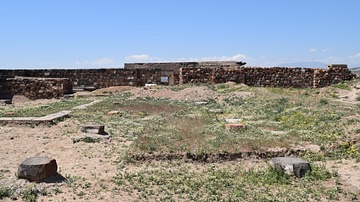
Definition
Erebuni
Erebuni was an Urartian fortress and city, located between the Nor Aresh District and the Vardahsen District on the outskirts of present-day Yerevan, Armenia, and situated on top of Arin Berd hill. In Armenian, the fortress and archaeological...
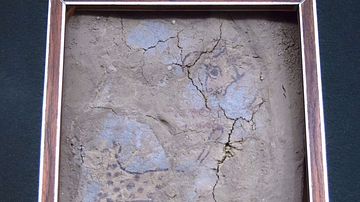
Image
Running Leopard of Erebuni
Secular and religious mural painting occupied a unique place in the Urartian culture. The palace and temple of Erebuni Citadel were richly decorated with multicolored and beautiful frescoes, covering around 2,000 square meters in surface...
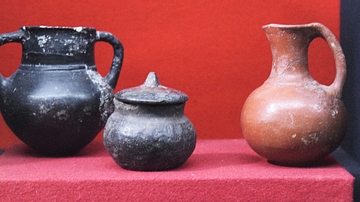
Image
Small Jugs from Erebuni
These fine jugs from Erebuni Fortress in Yerevan, Armenia are a testimonial to the advanced level of craftsmanship attained by the Urartian people in ancient times. Jugs in baked clay, c. 800-700 BCE. (Erebuni Historical and Archaeological...
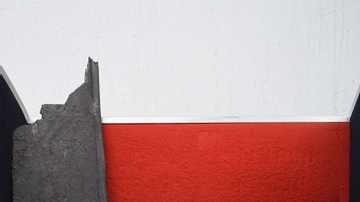
Image
Fragments of a Helmet from Erebuni Fortress
These are fragments of a helmet that presumably belonged to an ancient Urartian soldier. It was made aroun the 7th century BCE. (Erebuni Historical and Archaeological Preserve, Yerevan, Armenia.)

Image
Ruins of Erebuni Fortress
The ruins of the Erebuni Fortress located in the suburbs of present-day Yerevan, Armenia date from 782 BCE. In Armenian, the fortress and archaeological site is known as “Arin-Berd” or the “Fortress of Blood,” and the name of this fortress...
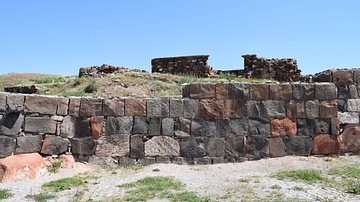
Image
Section of Walls, Erebuni Fortress
Founded in 782 BCE, Erebuni Fortress is older than the ancient city of Rome. The fortress was the chief administrative center for several generations of Urartian kings. It is considered by many historians and archaeologists to be the finest...

Image
Ruined Walls of Erebuni Fortress
Surrounded by defensive walls - in parts up to 15 m (49 ft) in height and 3-4 m (10-13 ft) in width - Erebuni was accessible from an eastern entrance, which offered strategic views of the three-range defensive walls in addition to the Ararat...
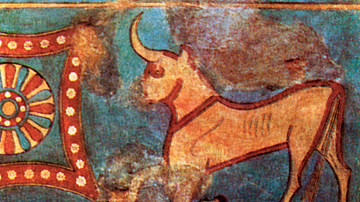
Definition
Urartu Art
The art produced by the Urartu civilization, which flourished in ancient Armenia, eastern Turkey, and northwestern Iran from the 9th to 6th century BCE, is best seen in bronze figurines of deities, bronze cauldrons with animal and goddess...
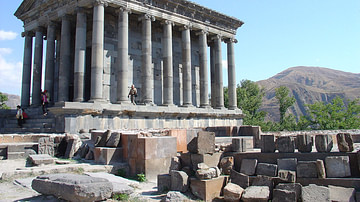
Definition
Ancient Armenia
Ancient Armenia, located in the south Caucasus area of Eurasia, was settled in the Neolithic era but its first recorded state proper was the kingdom of Urartu from the 9th century BCE. Incorporated into the Persian Empire of Cyrus the Great...
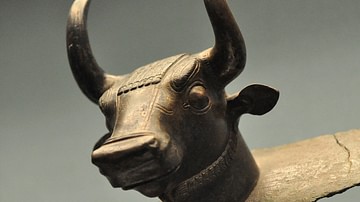
Definition
Urartu Civilization
Urartu, also known as the Kingdom of Urartu or the Kingdom of Van, was a civilization which developed in the Bronze and Iron Age of ancient Armenia, eastern Turkey, and northwestern Iran from the 9th century BCE. Controlling territories through...